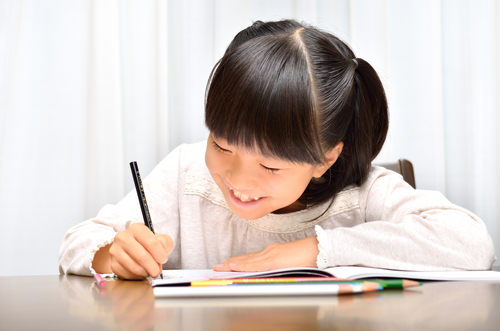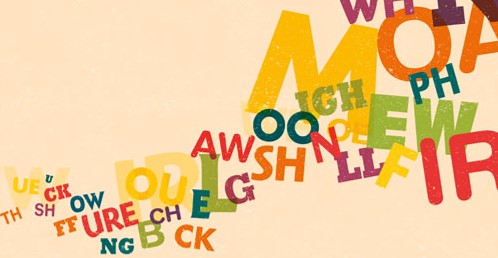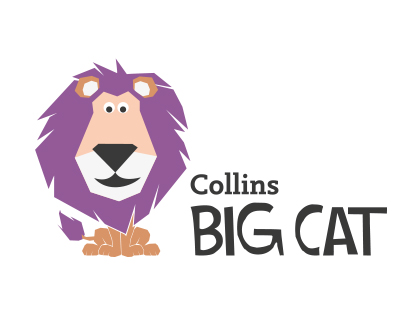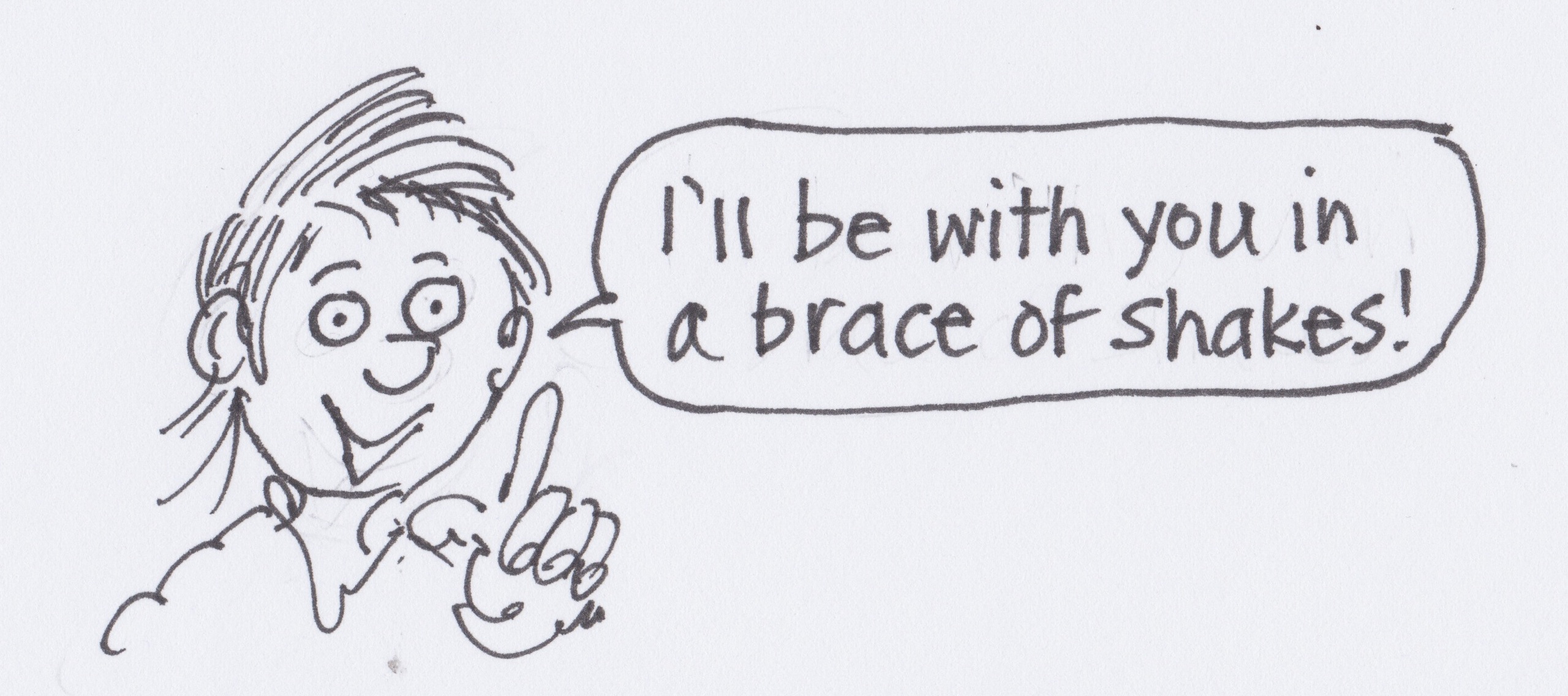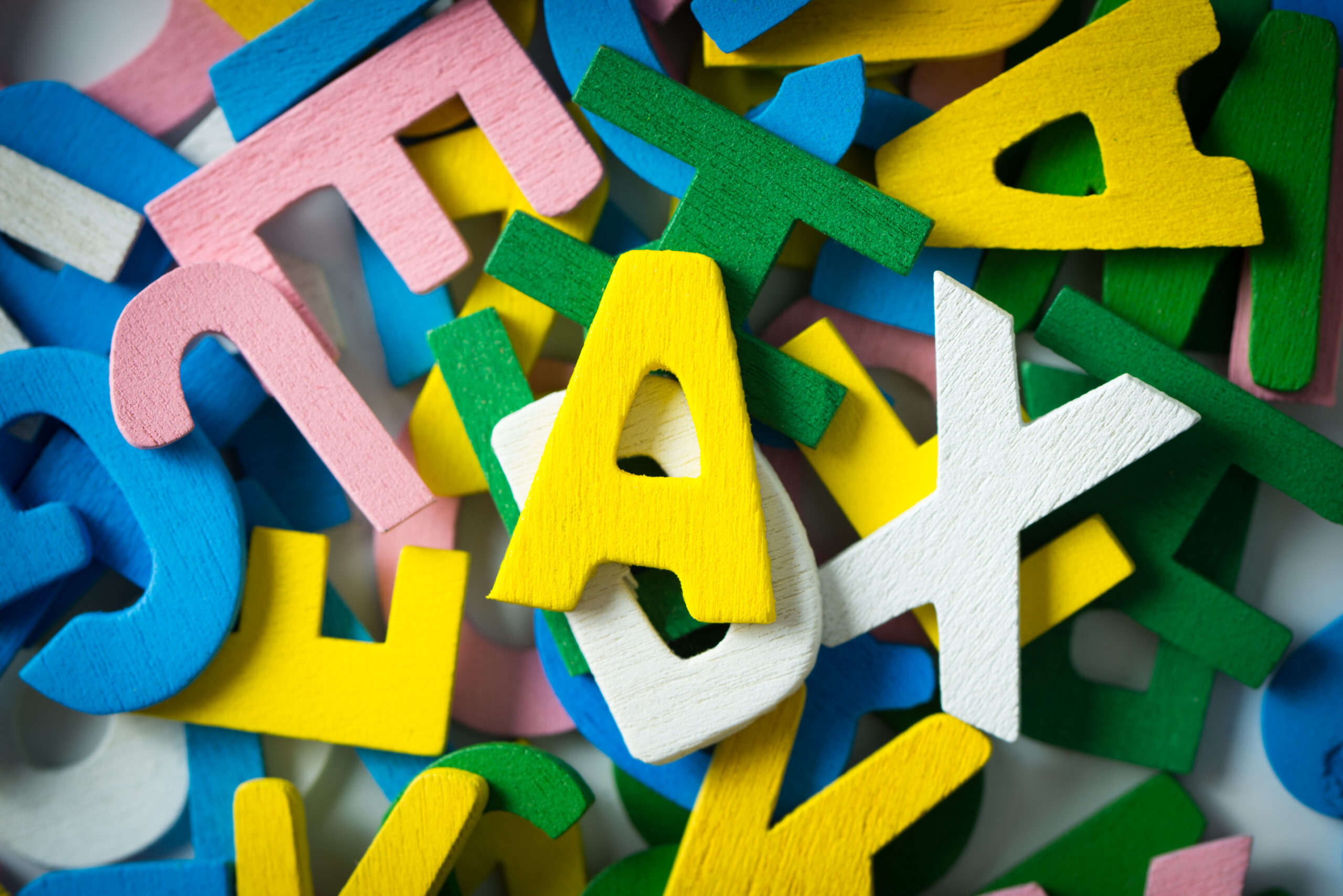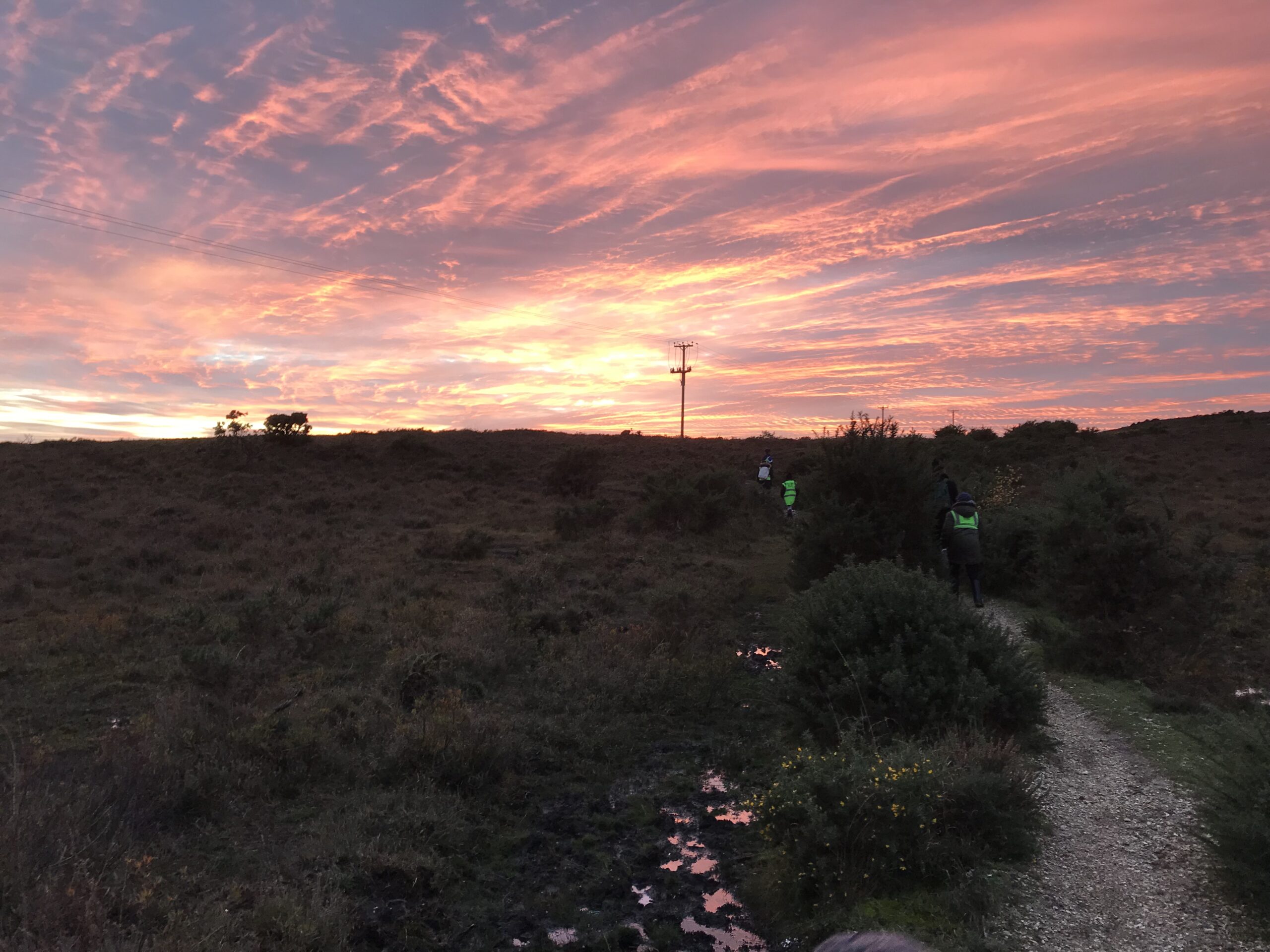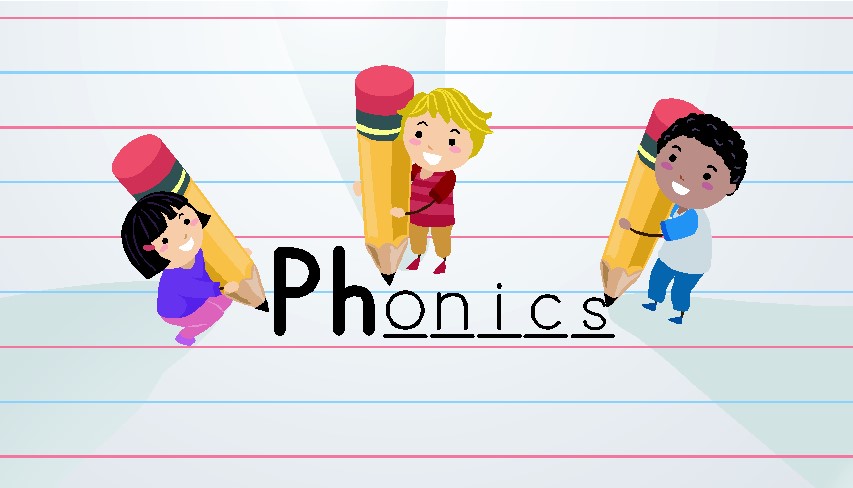
Simple, fun ideas to help children with phonics
Literacy expert Gill Matthews, shares some simple ideas for how to make phonics learning fun and enjoyable. You may find this helpful to share with your pupils’ parents or you can adapt the ideas for your home learning plan. Phonics is about learning the sounds that individual letters make: singly… Read More
